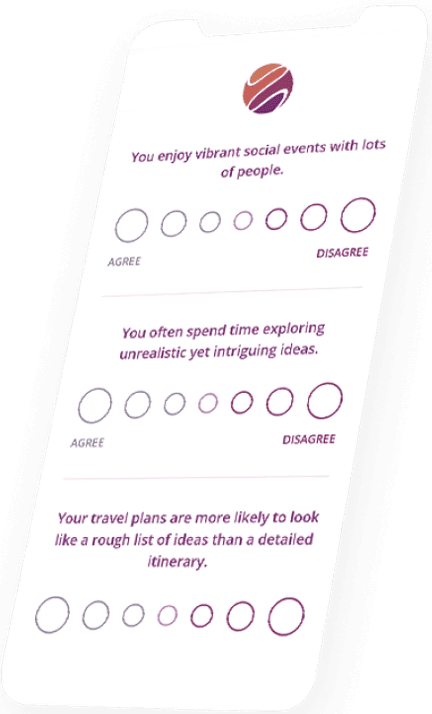

Child
Social Skills Group
Social Skills Group
Overview
Greenwich Psychology Group offers a social skills group for school-age boys and girls who are struggling at school, with peers, and at home. Children in our group try to make and keep friends; however, difficulties with attention, impulsivity, and reading social cues cause significant challenges. These children feel discouraged as they desperately want to make friends. Social skills deficits do not improve over time on their own and are a risk factor in adulthood.
Research suggests that treatment works best when a parent or caretaker is actively involved in the treatment process. Our team of child clinicians views parents as the experts on their children as their knowledge and support are critical elements to successful treatment. Parents also feel empowered to actively be involved as it allows them to learn new ways to relate to their child.
Treatment Approach
Greenwich Psychology Group helps children make friends through practice and feedback in the group social situation. We use play, art, games, and discussion to facilitate social skills as they occur in the group. Our child clinicians implement structured and unstructured activities to provide children with the opportunity to learn various skills in new or challenging situations. Children learn to tolerate frustrations, timing, reciprocity, topic maintenance, appropriate body language, personal space, express their feeling, and interact with the group effectively.
Our groups are developmentally and age-appropriate. We meet each child before joining the group to assess their strengths and weaknesses. Having an extensive practice, we can create groups that will help each child derive maximum benefit.
Take the GPG Symptom Checker
At Greenwich Psychology Group, our symptom checker helps clients track their symptoms of depression or anxiety. Taking the assessment doesn't provide a formal diagnosis, but it can help you determine what next steps you may need to take. The evaluation uses a series of questions to review the feelings and symptoms you've experienced over the past two weeks. The results will help you distinguish if professional help is the best next step.
BeginLatest Topics
Blog Articles
Most recent publications, interviews, blogs, and tips.



Book a Consultation
Hours of Operation
Mon – Sat: 8am to 8pm
Office Address
15 Valley Drive 1st Floor
Greenwich, CT 06831






